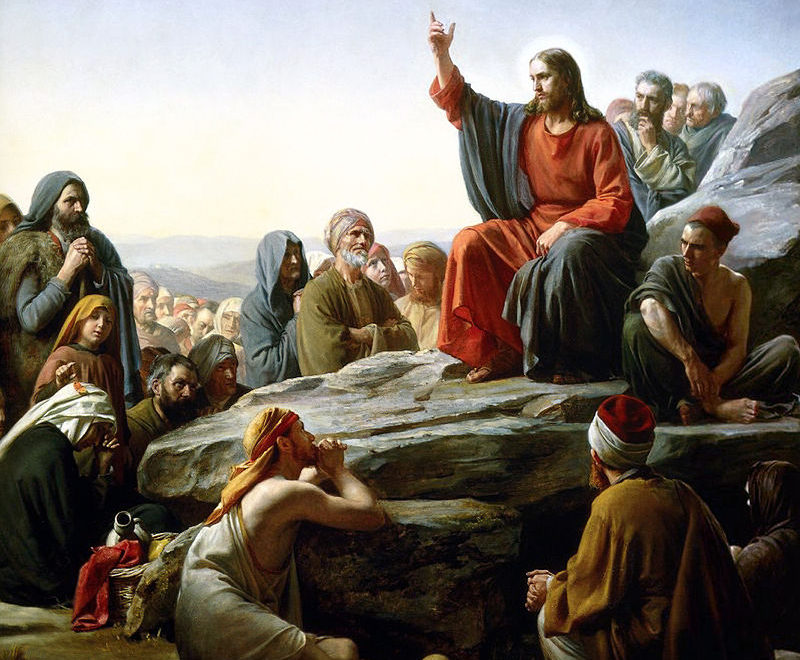Tag: Jesus
-
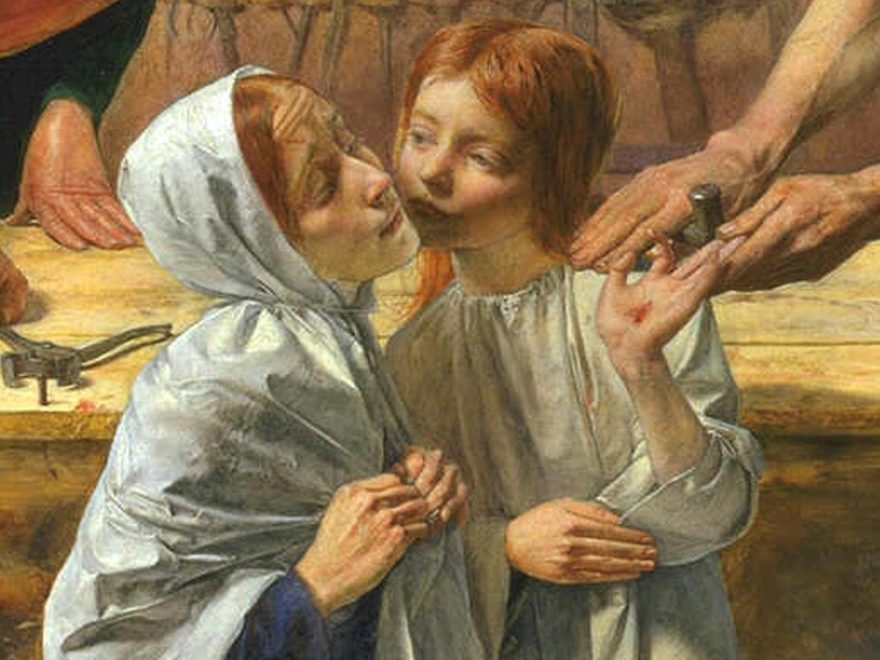
Embrace the Cross: An Easter Vigil Homily
The beautiful and the grotesque, when considered together are the essence not only of our human existence, but of all created reality. In some ways, aesthetics is in the eye of the beholder. What one considers beautiful differs from what another would hold up as an example of beauty. We share with each other both…
-
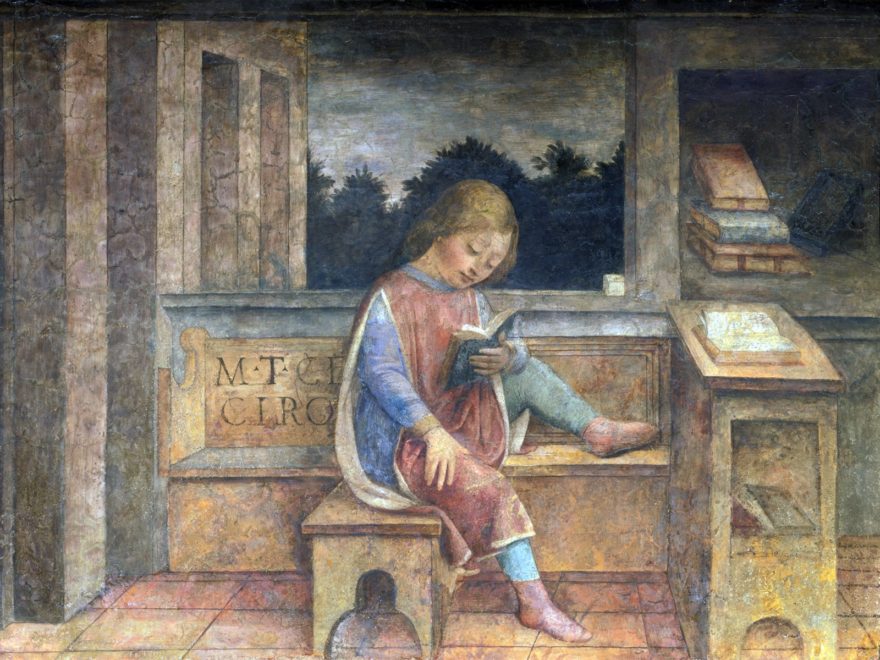
Renaissance Children: How Our View of Children Shapes Our Educational Aims
Perhaps no figure in Twentieth century America captured the idealization of childhood innocence better than Norman Rockwell. His paintings, appearing regularly on The Saturday Evening Post, often included children who evoked an innocence untouched by hard realities that grown ups experienced through the Great Depression and two World Wars. Consider the painting Marble Champion. This…
-
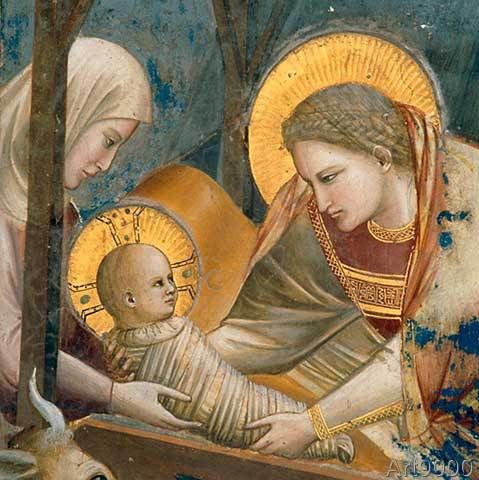
The Advent of Christ as an Act of Teaching
The advent season is upon us and this blog post will explore how advent expresses God’s educational heart for humanity. You are likely familiar with the following stanza: O come! O come! Emmanuel! And ransom captive Israel; That mourns in lonely exile here, Until the Son of God appear. This hymn speaks both to the…
-
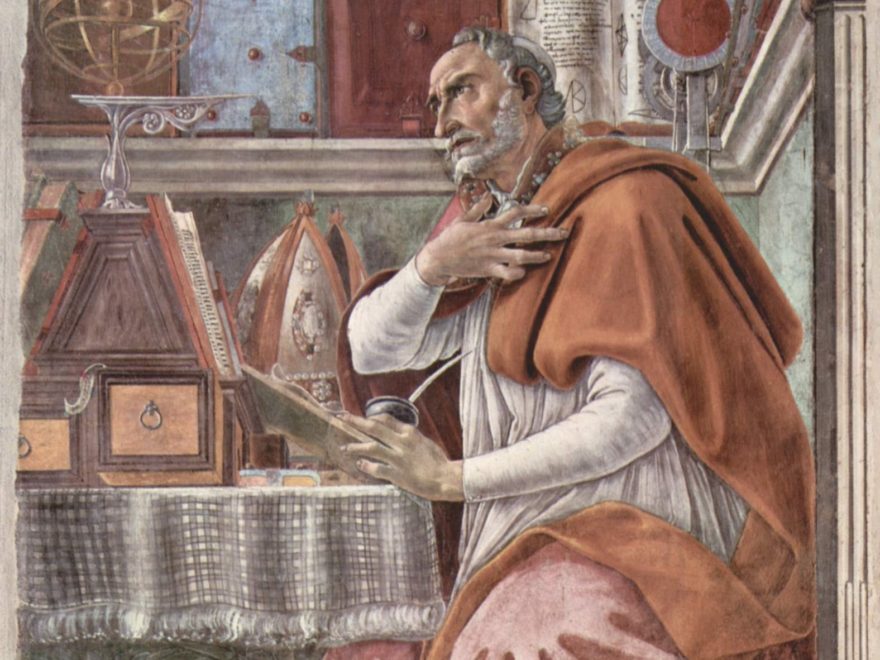
Christianity, a Superior Philosophy: Book Review of Jonathan T. Pennington’s Jesus the Great Philosopher, Part 2
In the previous article in this two-part review of Jonathan Pennington’s book Jesus the Great Philosopher, I spelled out the first two sections of his book dealing with the ancient philosophers (chapters 1 and 2) and then the Old and New Testaments (chapters 3 and 4). Here I will dive into the final three sections…
-
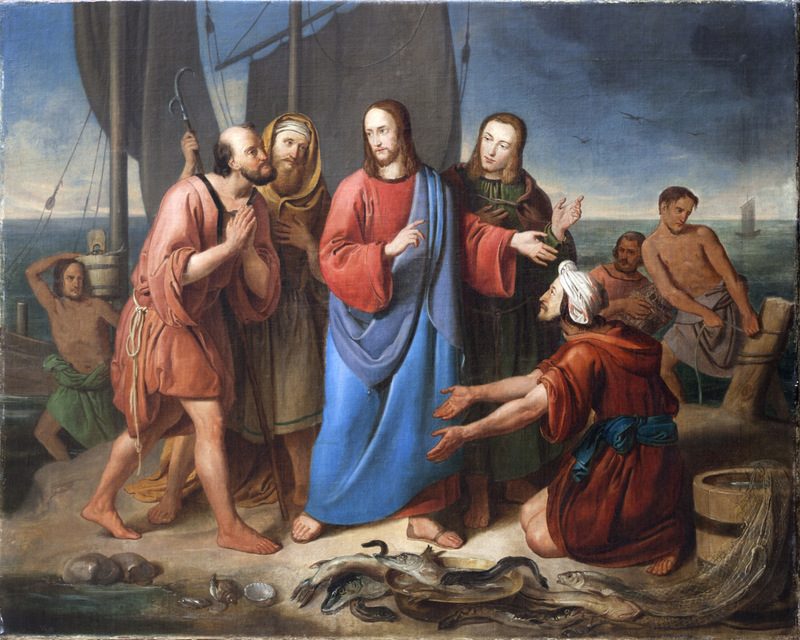
Training the Prophetic Voice, Part 4: Jesus as Prophetic Trainer
In my ongoing series on training the prophetic voice, we have looked at several biblical and theological aspects of what it means to speak with a prophetic voice. We have seen how speaking truth is the heart of the prophetic voice, and that God himself is the theological grounding of our conception of truth-speaking. In…
-

Jesus the Ideal Learner: Priestly Lessons for Education
In a previous article on Jesus’ student-teacher relationship with John the Baptist, we mentioned that there is so much that can be learned about education from Jesus’ example. The mystery of the incarnation is packed with significance for the process of learning, human maturation and discipleship. As it says in Hebrews, “Although he was a…

